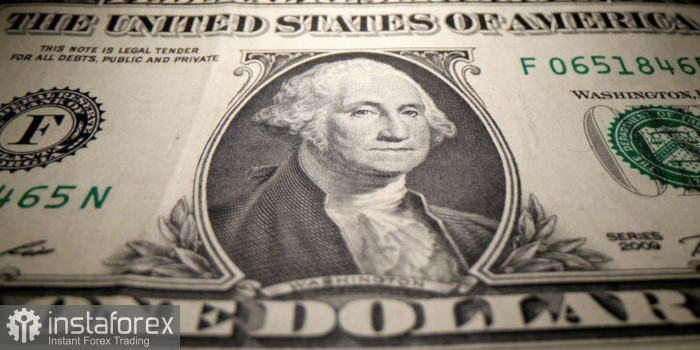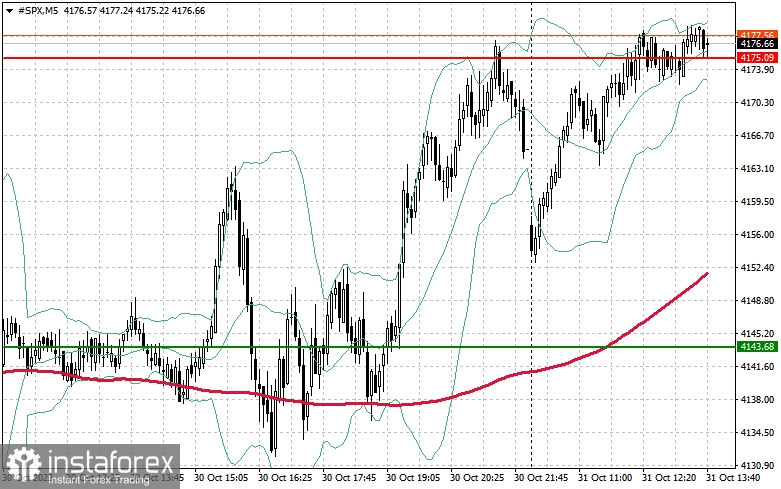US stock index futures opened in the red, but then quickly compensated for the losses, continuing the upward trend observed on Monday. This rise was supported by discussions suggesting that the Federal Reserve might announce the end of its rate hike cycle in its upcoming meeting. S&P 500 futures grew by 0.2%, while the tech-heavy NASDAQ increased by 0.4%. Bonds surged, and yields declined after the US Treasury reduced its federal borrowing estimate for the current quarter, citing higher-than-expected revenues.
\
Investors also closely monitored the changes from the Bank of Japan due to its strict control over the bond market ever since it introduced yield curve control in 2016. On Tuesday, the central bank stated that it would adopt a more flexible approach to controlling the yield of 10-year government bonds, marking a departure from its previous commitment to daily bond-buying operations under 1%. Despite this, the yen dropped, as the regulator made only minor adjustments to its policy, disappointing some market participants who were expecting more.
This is the first critical assessment of whether Japanese officials are concerned about the yen's devaluation rate or its specific levels. The lack of significant adjustments indicates that authorities aren't overly worried about the current exchange rate for now, but they are also not taking their eyes off it. The prospect of a weaker yen and negative interest rates means that Japanese stocks are poised for growth.
In other countries, oil prices rebounded after a sharp decline yesterday, as investors kept an eye on developments in the Middle East. Overnight, Israel launched more strikes against targets in Lebanon and Syria, while also stepping up ground operations in the Gaza Strip. The price of West Texas Intermediate oil rose to nearly $83 per barrel. The deployment of NATO troops to the Middle East also raises the risk of further escalation in the conflict.

The technical outlook for S&P 500: Demand for the index may persist. For now, bulls need to defend $4,143 and take control of $4,175. This will help halt the downward trend and also pave the way for a surge to $4,203. Another key objective for bulls will be to control $4,229, which will solidify the bull market. If there's a downward movement due to a decrease in risk appetite, bulls will have to protect $4,143. Breaking through this level, the index may return to $4,114 and plummet to $4,091.
 English
English 
 Русский
Русский Bahasa Indonesia
Bahasa Indonesia Bahasa Malay
Bahasa Malay ไทย
ไทย Español
Español Deutsch
Deutsch Български
Български Français
Français Tiếng Việt
Tiếng Việt 中文
中文 বাংলা
বাংলা हिन्दी
हिन्दी Čeština
Čeština Українська
Українська Română
Română

